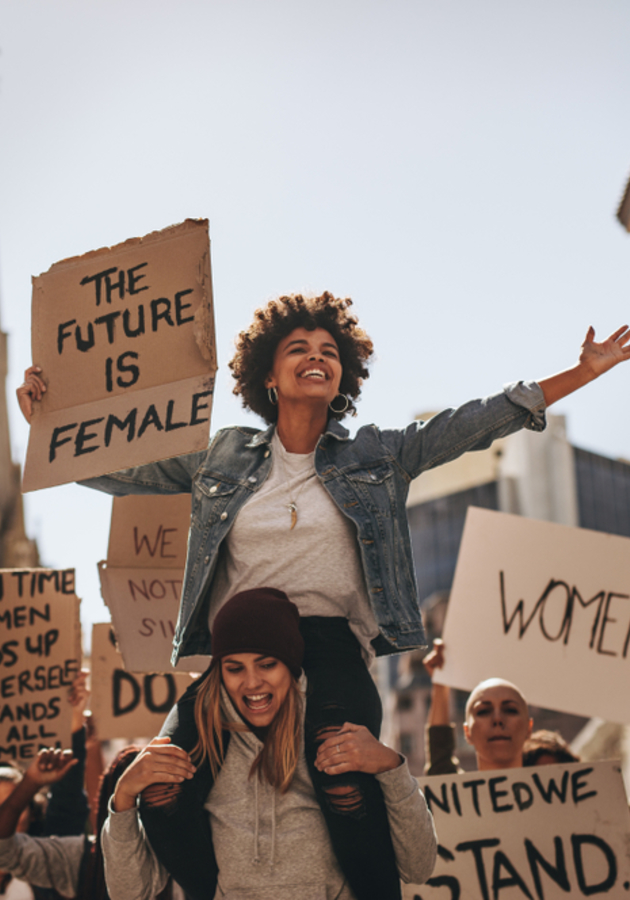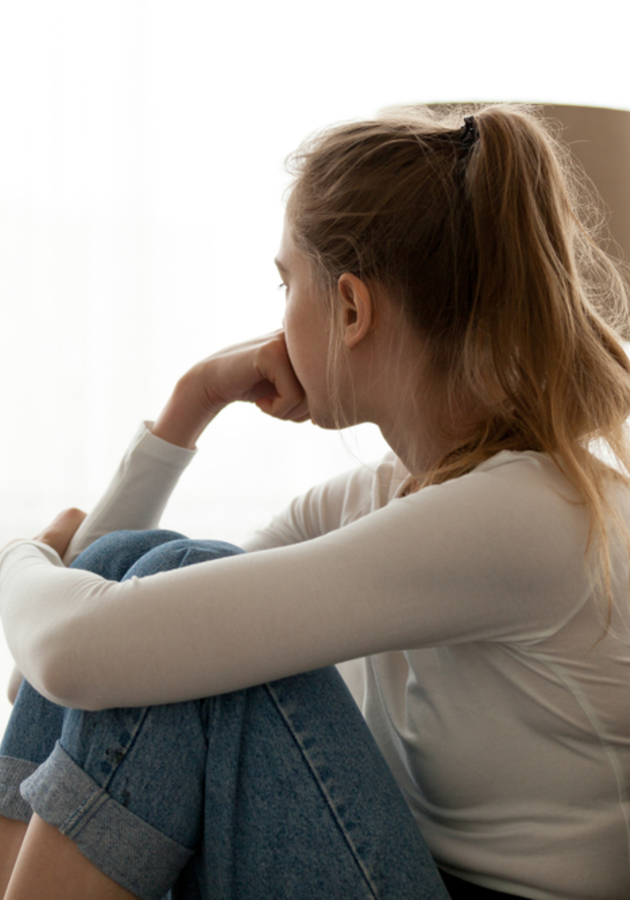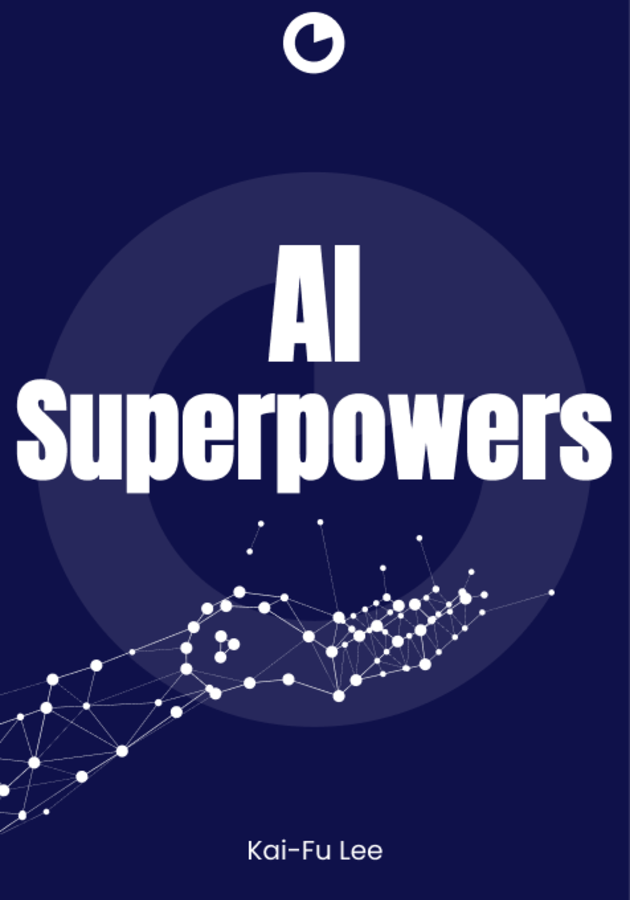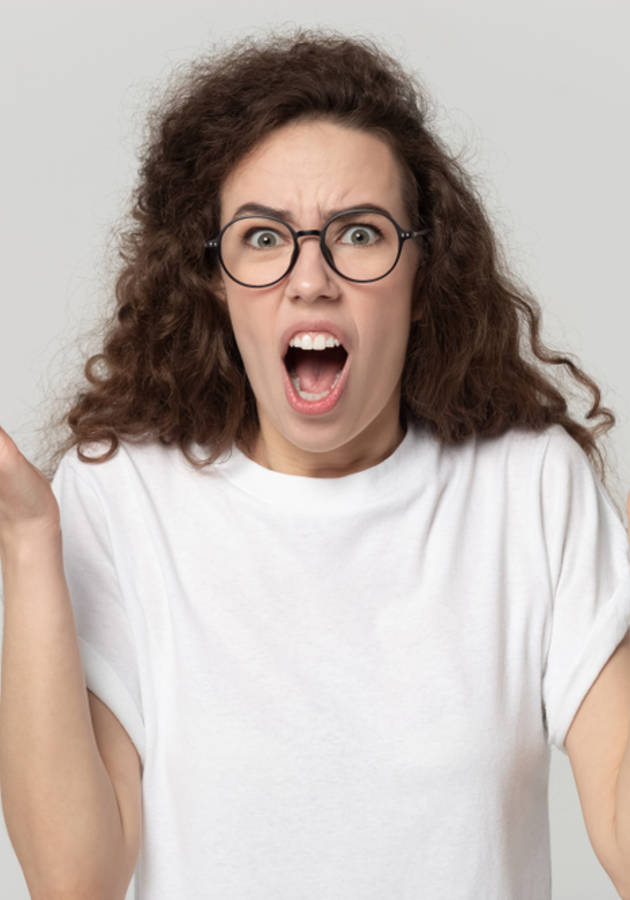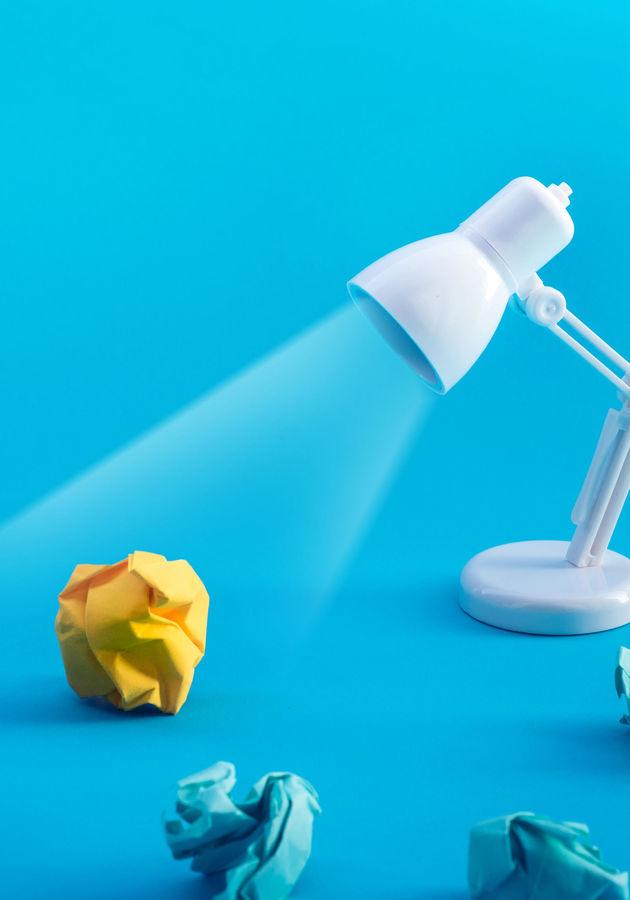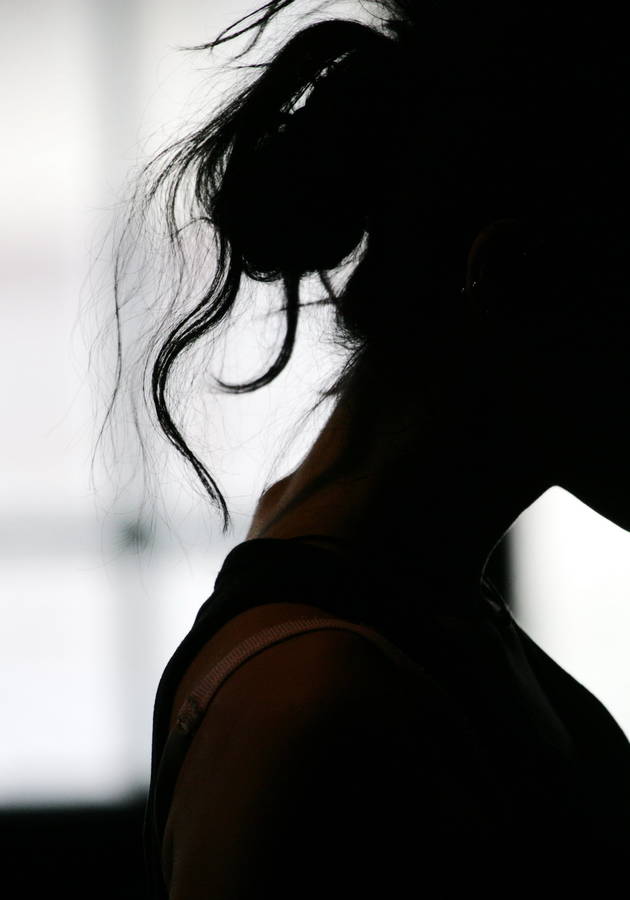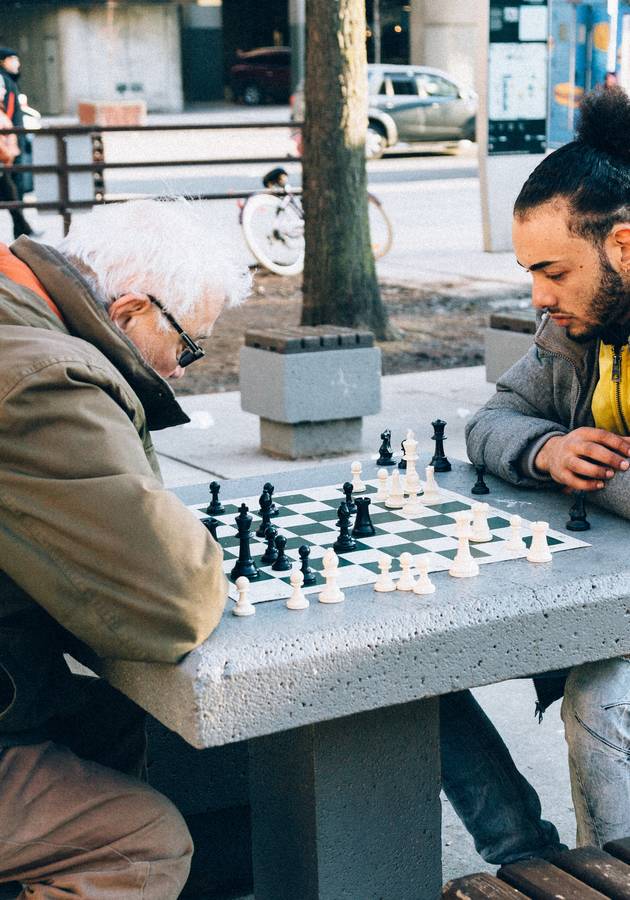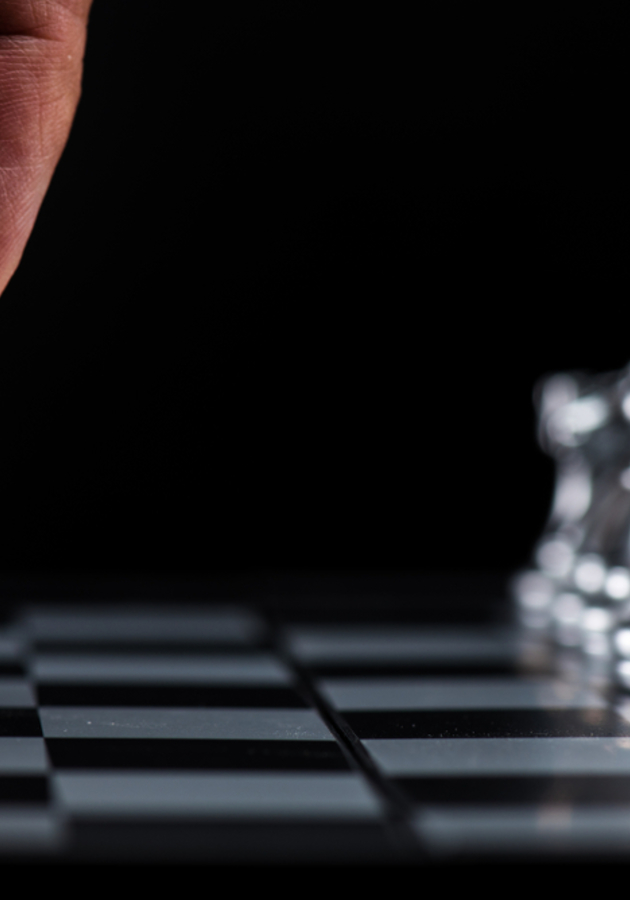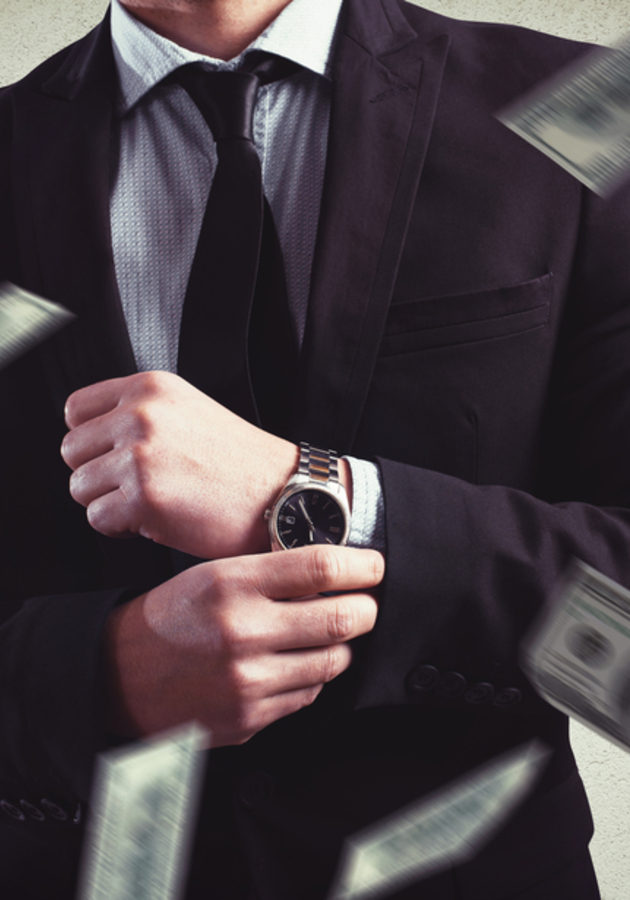For the longest time, feminists were seen as militant, sex-hating man-hunters who could not take a joke. Thankfully, in recent years “feminism” has come to be accepted in its intended form again, namely, to describe a striving for gender equality. Movements like #MeToo have shown, however, that there is still a long way to go - especially in marginalized groups like queer women and women of color, who seek to be included in the fight for equality as well. Get ready to learn more about the continuing marginalization of women!
Bad feminism
Women are still denied their rights and freedoms in modern societies around the world. This ranges from the normalization of rape culture, to reproductive freedom, to the depiction of women in popular culture.
Many catchy songs actually glorify the degradation of women, and most movies represent male stories as if they are the only stories that matter. Feminists have long tried to address gender inequality, and for that, they have often been attacked. The author herself was reluctant to describe herself as a feminist growing up and even went so far as to disavow feminism altogether.
That is largely because the word “feminist” is often used as an insult. In mainstream discourse it has come to represent angry, militant, stuck-up women, who hate men, hate sex, and have no sense of humor whatsoever. Feminism is also often disavowed because it has been put on a pedestal. It was held to such a high standard that it could never have lived up to it anyway.
Feminism is not perfect. It is as flawed as the people behind the movement. Therefore, Gay calls herself a “bad feminist.” She does not want to be put on the pedestal of feminism, but rather wants to acknowledge that she is flawed as a human, that she does not know a lot about feminist history, and that yes, she does sometimes enjoy dancing to songs she knows depict women in a terrible light.
Gay’s favorite definition of feminism comes from an Australian woman named Su who says that feminists are “just women who don’t want to be treated like shit.” Gay calls for the word “feminism” to encompass all kinds of women: women of color, queer women, transgender women, as well as the white, heterosexual women to whom the theory has historically catered to. Embracing this kind of pluralistic feminism can bring women peace and help them navigate the shifting cultural waters of modern day living.
Being a feminist, according to Gay, means believing in equal opportunities for men and women, including equal wages, and unlimited access to reproductive health care, and reproductive freedom. Most importantly, she says, “Feminism is a choice, and if a woman does not want to be a feminist, that is her right, but it is still my responsibility to fight for her rights.”
Women in popular culture
If you were to create a TV series about Gay’s life in her 20s, it would be a series about a crazy young woman who was completely lost in the world. In the pilot, you would see her get on a plane in San Francisco and run away to Arizona with a much older man she had only talked to on the internet. Then, she cuts off contact with everyone she knew to that point, including family and friends, and for the rest of the first season of the show, you would see her working in a nondescript call center from midnight to 8 a.m. alongside equally lost girls who called themselves China or Bubbles.
TV shows about actual girlhood, womanhood, and women in general are still few and far between. More common are TV shows like “Friends” that show neatly encapsulated episodes, usually with happy endings which rarely provide accurate depictions of women’s experiences around the world. Of course, it is impossible to get girlhood (or womanhood) exactly right on screen, so that every single person watching feels represented. But girlhood should be depicted in much more facets than it currently is, Gay believes.
For women in entertainment, everything hangs constantly in balance. Take the film “Bridesmaids” as an example. There were a lot of expectations resting on this film, as it was the first comedy driven by women. In that sense, it was even hailed as revolutionary! If it became a success (which thankfully, it did) it was believed it would pave the way for more comedies to be made with an all-female cast. If it had not succeeded, the industry would have reverted back to male-driven comedies.
Being represented in popular culture is important, because girls and women need to have other girls and women they can identify with. This is often a particular challenge for women of color: if they were to believe traditional TV programming, the only opportunities available to them were in sports, or music - or, they could be the romantic sidekick of someone involved in one of those.
“The Help”
One greatly anticipated film for women of color playing lead roles was “The Help,” which arrived in cinemas in 2011. Generally, it has been described as a charming, inspirational, and heartwarming film, but for Gay, it is just one more example of the misrepresentation of black women in popular culture. It is a narrow, condescending, and racist depiction of black women, starting with the inaccurate use of dialect.
For Gay, films such as “The Help” depict the whitewashed experience of black women, and since it focuses on 1960s life in the American South, it feels too close to home for her. She says she could have just as easily been born in similar circumstances, where she would have had to pick cotton or bring up white women’s babies. If one is to make a film about such recent history, it should at least be accurate, and not create an alternate universe as “The Help” does.
According to Gay, “The Help” perpetuates the stereotype of the “magical negro” - black characters who are endowed with some mythical powers and use these to help a white character to fulfill their potential. This happens over and over again in “The Help.” In the movie, Aibileen, one of the black servants, keeps encouraging and reassuring white Mae Mobley, and the black servants of the film eventually help the white woman Eugenia Phelan to grow into an independent and racially aware career woman.
Moreover, there is no mention of any black civil rights leaders of the time, and some of the black characters are shown to be absurdly grateful to white leaders, such as John F. Kennedy. There is also no mention of the sexual harassment and violence endured by black women at the hands of their white, male employers. Gay calls the film “white wish fulfillment.”
After all, the book was written by a white woman, and the screenplay by a white man. Gay also laments: “The Help is endemic of a much bigger problem, one where even today, a prime role for a two-time Tony Award winner and one-time Oscar nominee like Viola Davis is that of a maid.”
Sexual violence
Sexual violence against women is still alarmingly normalized in popular dialogue. The very existence of a phrase such as “rape culture” attests to the fact that sexual harassment is a deeply ingrained aspect of our culture. And the fact that it seems to be okay to joke about rape in some circles also shows how accepted violence against women is in wider society.
Daniel Tosh is an American comedian who is known for his inappropriate and misogynist jokes. In one comedy set, he asked his followers to film themselves touching women softly on the stomach. A concerning number of people actually followed Tosh’s suggestions and started invading women’s personal space, even uploading the videos to YouTube. One wonders what else these fans would be willing to do if their actions were to be indulged by their idol.
In a different set at the Laugh Factory, Tosh made many inappropriate rape jokes. Eventually, one woman from the audience yelled, “Actually, rape jokes are never funny,” to which Tosh replied: “Wouldn’t it be funny if that girl got raped by like five guys right now? Like right now? What if a bunch of guys just raped her.”
For men like Tosh, the only thing funnier than rape apparently is gang rape. According to Gay, “Rape humor is designed to remind women that they are still not quite equal.” It is also worrying that in that whole audience, only one person felt empowered enough to speak out against sexual violence.
The pervasive notion that women somehow deserve to be treated in such a way has also led to statements from young girls saying they would love to be beaten by Chris Brown, because they love him. Gay says, “I am sorry our culture has treated women so poorly for so long that suffering abuse to receive celebrity attention seems like a fair and reasonable trade.”
Reproductive freedom
Women’s rights are, contrary to what the American Constitution will have you believe, not inalienable. Just look at the discussions around reproductive rights. It is almost the stuff of satire: decisions about the bodies of women are made at state levels, discussed predominantly by men.
This is not a new phenomenon. Throughout history, these discussions have often been brought up by politicians, usually in the context of population growth. Even the witch hunts were targeted at midwives who shared valuable information about birth control with the women in their care.
The present-day witch hunts mostly center around the topic of abortion, and are a useful smokescreen to distract from the true challenges the U.S. faces, such as a devastated economy or looming student debt crises. Reproductive freedom is framed as a controversial topic, when really, it should not be – women should be allowed to make decisions about their own bodies, just like men do. Regarding the right to terminate a pregnancy, Gay says, “This choice increasingly feels heretical, or at least that is how it is framed by the loudest voices carrying on this conversation.”
A woman’s body in this context becomes a legislative matter, and this takes away the freedom from women who should, according to the U.S. Constitution, have freedom as an inalienable right. Women who want an abortion are treated worse than criminals: according to the Eighth Amendment, criminal punishment should not be cruel or unusual. And yet, women who have not offended the law in any way, but simply wish to end a pregnancy are forced to have invasive transvaginal ultrasounds or listen to doctors narrating a sonogram of their fetus.
In this context, Georgia state representative Terry England even suggested that women should have to carry a dead fetus to term, since pigs and cows do the same. Gay concludes, “Women and animals are not much different for this man or for most of the men who are trying to control the conversation and legislation regarding reproductive freedom.”
Final Notes
Being called a feminist has long been an accusation of sorts, even an insult. But feminists simply believe that women and men should have equal rights. There is still much work to be done, given how normal and accepted rape jokes seem to be, and that the basic right to freedom for women is still an issue of political debate in the U.S.
Especially for women of color, feminism needs to be redefined to represent the diversity of the female experience. Women of color need to be accurately represented in film and popular culture so that their experience is valued as well.
12min Tip
Try and come up with a series, movie, or book that can accurately depict your experience of what it means to be a woman.
